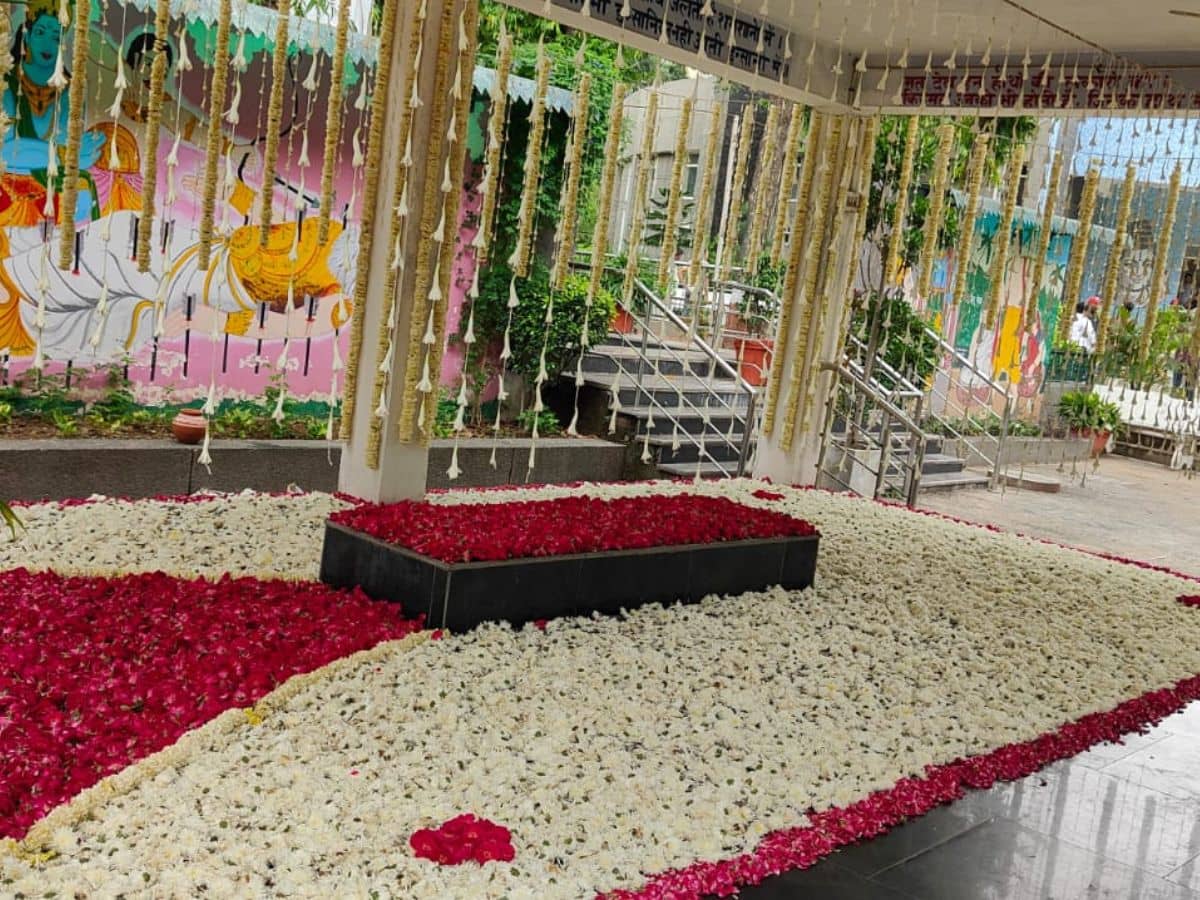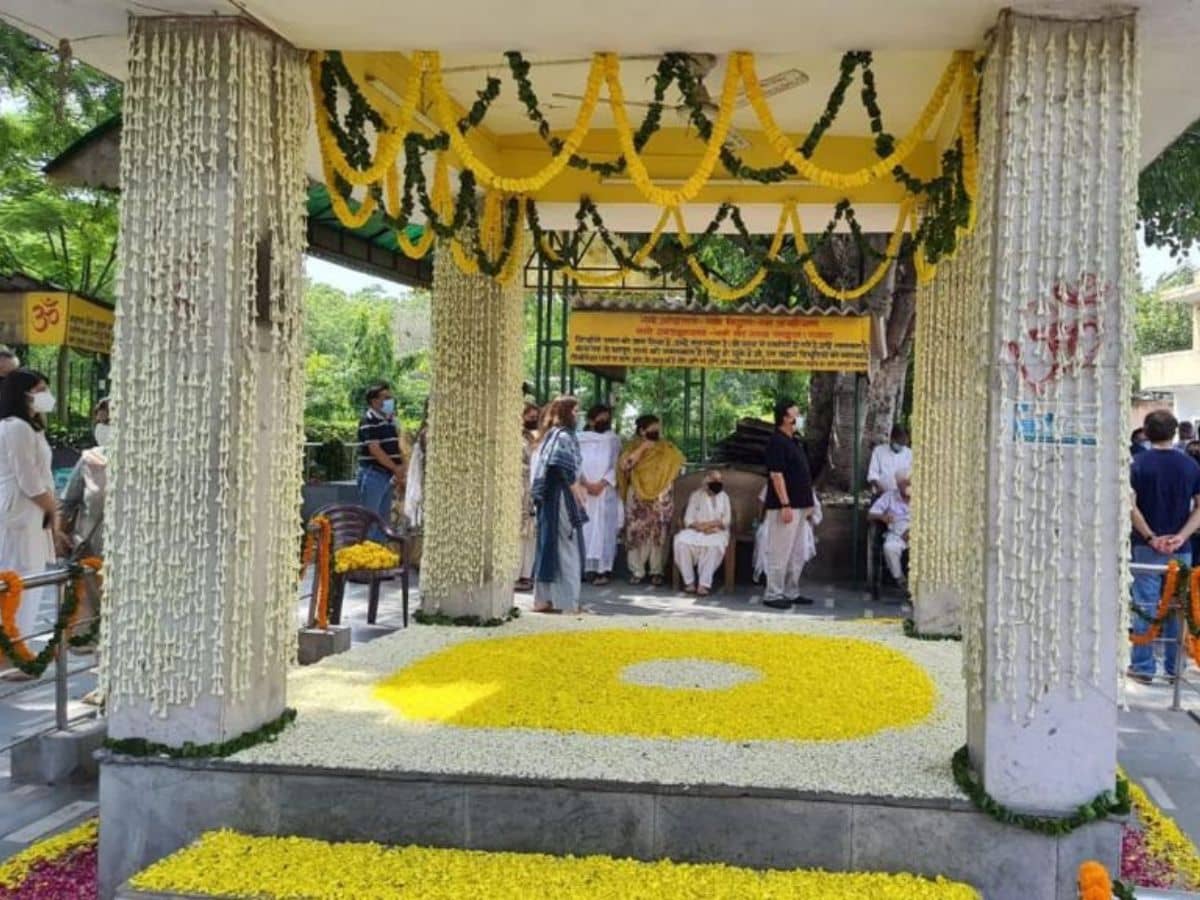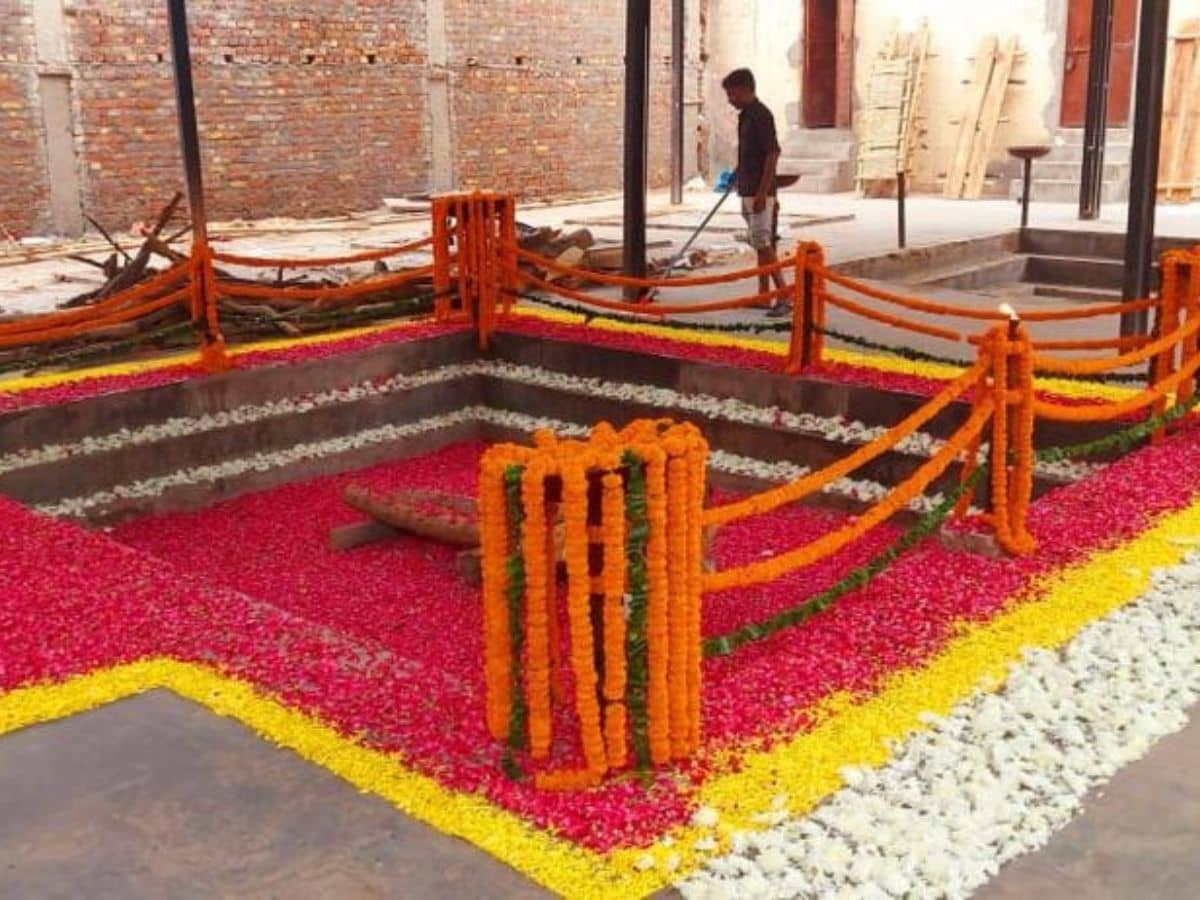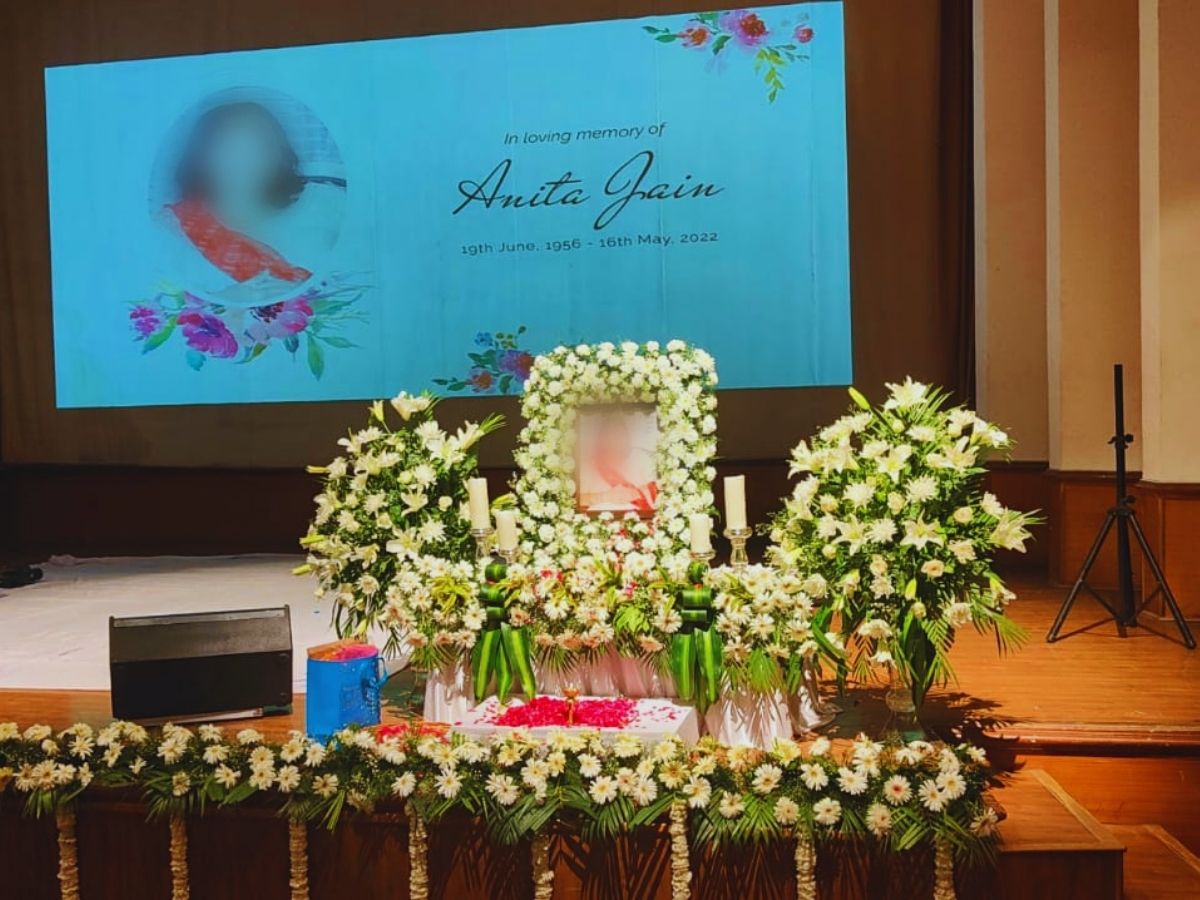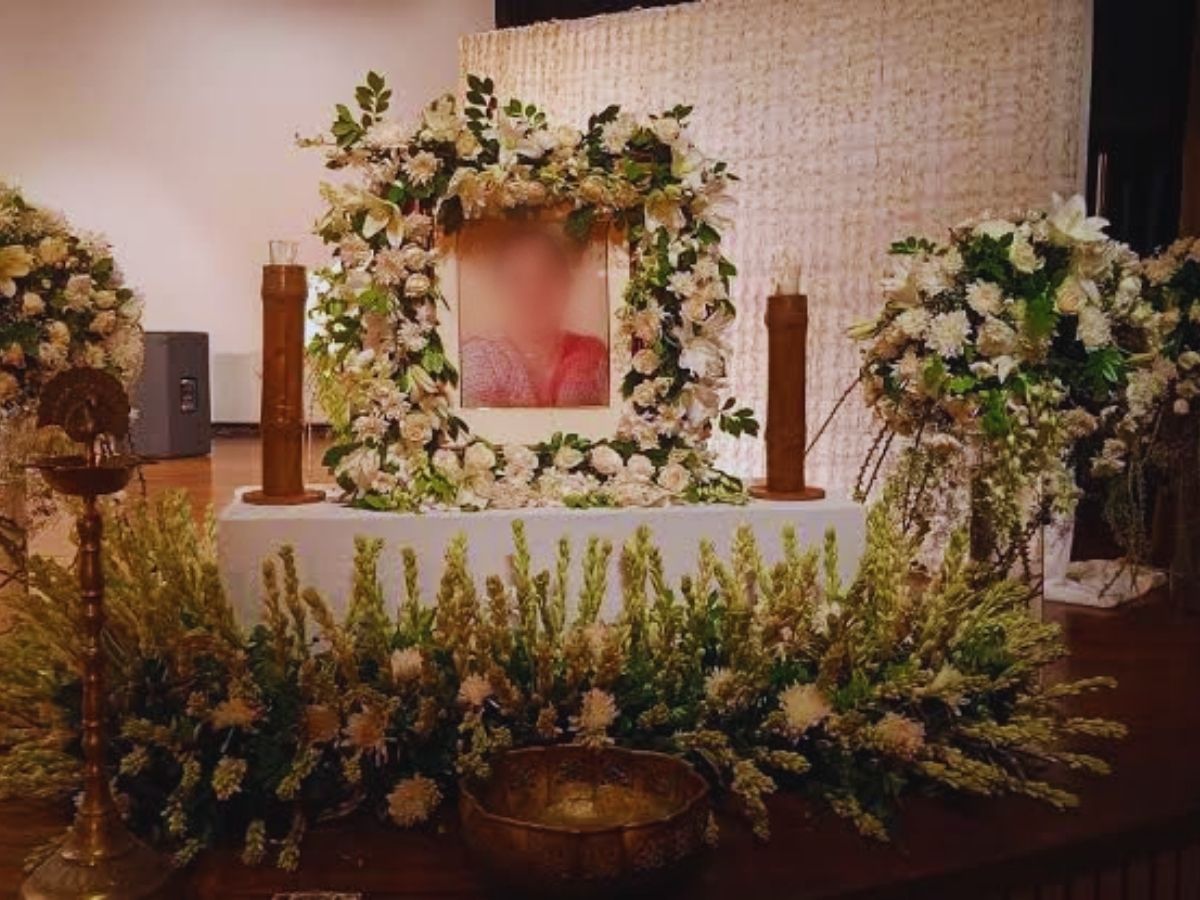We're here to offer constant support. Whether you need immediate assistance after the passing of a loved one or want to explore pre-planning for a funeral, you can contact us anytime.
In India, a country rich in diversity and cultural nuances, funerals are occasions that call for particular sensitivity, not just in behavior but also in attire. What one wears to a funeral is not just a matter of personal choice but a reflection of respect and empathy towards the bereaved family and the departed soul. This blog post aims to shed light on the appropriate attire for funerals in India, helping attendees pay their respects in a culturally sensitive manner.
India's vast cultural spectrum means that funeral attire can vary significantly from one community to another. Generally, the guiding principle is modesty and somberness.
Typically, white is the preferred color at Hindu funerals. It symbolizes purity and is considered a way to show respect to the deceased.
Clothes should be simple, avoiding any flashy designs or bright colors. Men often wear a plain white kurta and pajama, while women may wear a plain white saree or salwar kameez.
In Muslim communities, the color of mourning is also predominantly white.
Modesty is key in attire. Women should ideally wear a simple salwar kameez with a dupatta to cover their heads. Men can wear a white kurta with trousers or a sherwani.
The color of mourning is usually black or dark colors in Christian communities.
Western formal wear or simple traditional Indian attire is acceptable. Women might wear a black saree or a conservative dress, and men might opt for a black suit or a white shirt with dark trousers.
Sikhs also prefer white to signify mourning.
Modest attire is recommended, similar to that for Hindu funerals. Covering the head with a scarf or turban is customary for both men and women.
Attending a funeral in India is as much about paying respects through your presence as it is through the attire you choose. Dressing appropriately for the occasion is a significant way to show your sympathy and support for the bereaved family. By adhering to the cultural norms and choosing modest and respectful attire, you contribute to the solemnity and dignity of the occasion.
Note to Readers
While we have outlined general guidelines, it's important to remember that personal and regional practices may vary. When in doubt, it's always respectful to ask the family or close acquaintances of the deceased for guidance on appropriate funeral attire.
